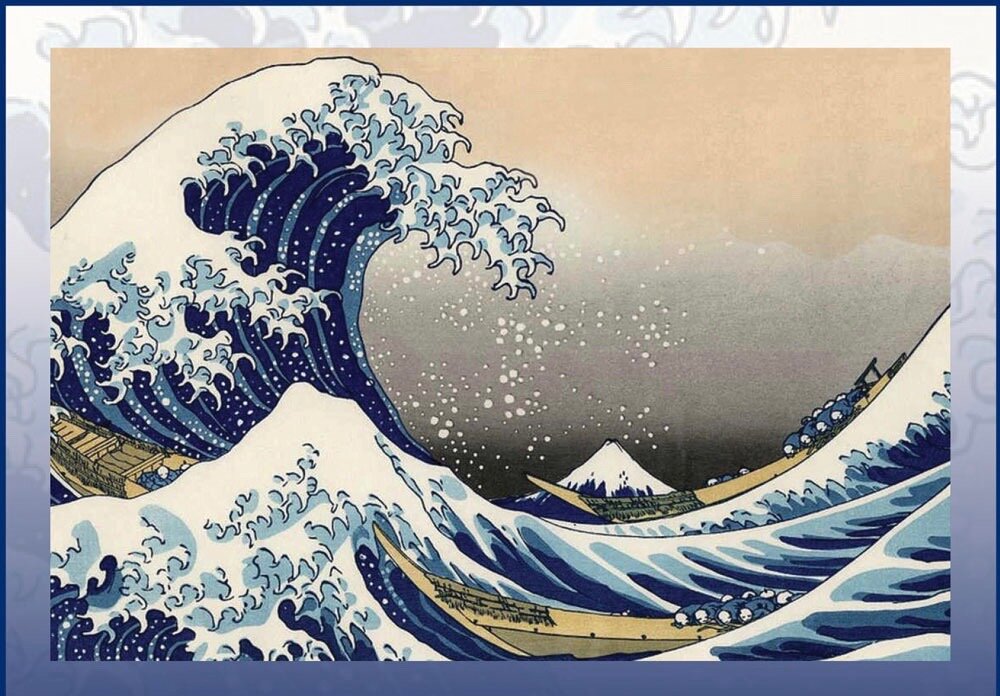And finally we come to equanimity. We’ve touched on this state of mind in the past. It’s a quality of mind we would most like to have and which seems the hardest to attain whether we are in the midst of the confusions and distractions of daily life with teenagers or spouses, pets and houses, mishaps while traveling, or whether we’re encountering the more serious vicissitudes of life - the loss of loved ones, health issues, and the decline of the body through aging. When things go wrong, our carefully cultivated equanimity seems to fly out the window.
Equanimity is the fourth of the sublime states or Brahma Viharas after Loving kindness, Compassion, and Sympathetic Joy. The Pali words are metta, karuna, mudita, and upekkha. The late meditation teacher Ayya Keema calls them “our highest emotions” and “the only ones worth having.” She said, "We’re all looking for an ideal world, but it can exist only in our own heart, and for this we have to develop our heart’s capacity so that we learn to love independently.” ~~ “What Are the Four Brahmaviharas?” Lion’s Roar , Nov. 2019
Equanimity is the balancing emotion of the four. We cultivate loving kindness towards ourselves and others. When loving kindness encounters suffering, it engenders compassion. When it meets joy, it responds with sympathetic joy or joy in the good fortune of others. Equanimity balances them all so that loving kindness doesn’t constrict into attachment, so that the compassion doesn’t overwhelm us with grief or sorrow, and so that we don’t become giddy with joy for another. It helps us attain the quality of limitlessness so that loving kindness extends to all - not because they are deserving but because they are living beings. We train our hearts in these emotions so that we can extend them to all beings.
Jack Kornfield writes that “To find equanimity and peace requires an acceptance of the mystery of life itself.” We are formed out of the elements of the universe and that process had many turns and unfoldings. Kornfield quotes cosmologist Brian Swimme who says, ‘Four and half billion years ago the Earth was a flaming molten ball of rock, and now it can sing opera.’”
As we appreciate how far the universe has evolved to support all our human and non-human lives, we can begin to appreciate that this unfolding inevitably occurred with setbacks, with dangers, with harm to living creatures. So it is part of that mystery and that unfolding that we too encounter hardships and difficulties - and will inevitably encounter the end of our existence on this earth. That breeds a lot of uncertainty. Human beings - not surprisingly - don’t like uncertainty.
Kornfield continues, “ When we realize things are fundamentally uncertain and learn how to relax into this uncertainty we come to trust in the unfolding of our individual lives within the vastness of all time and space. As Zen master Suzuki Roshi says, ‘When you realize the truth that everything changes and find your composure in it, you find yourself in Nirvana.’” ~~Jack Kornfield, A Lamp in the Darkness: Illuminating the Path Through Difficult Times
Equanimity is not indifference or withdrawal. And neither is it dependent on bad things going away and good things prevailing. It is our ability to be steadfast and peaceful of mind, open to caring and concern for ourselves and others, in the face of the changing conditions of our lives.
So this is perhaps our greatest challenge on this earth - to learn to live with the uncertainty, with the setbacks, with the inevitable suffering of so many, and to come to a place of acceptance, of deep caring and compassion, and of calm abiding, to come to equanimity.

